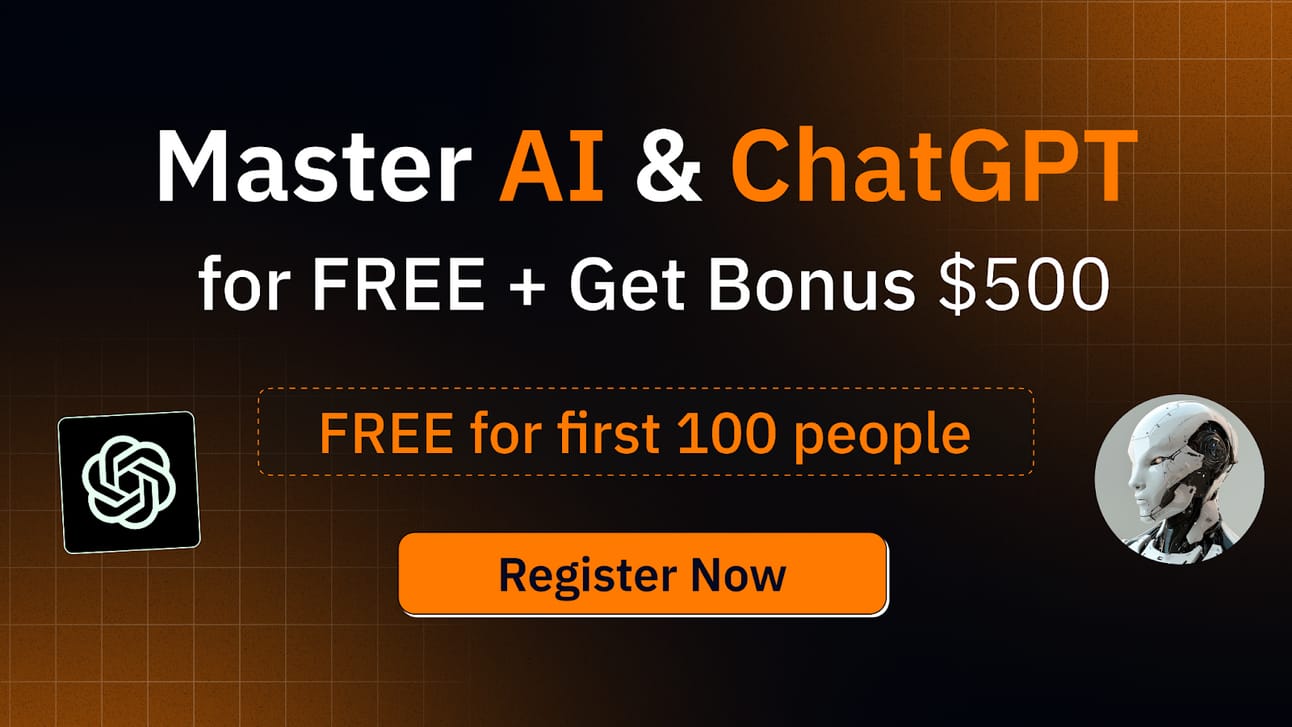
Welcome, AI enthusiasts
Apple's research team has developed an AI model that surpasses GPT-4 in understanding context, a breakthrough that could significantly enhance Siri's capabilities. 200 Musicians have signed an open letter criticizing major tech companies for using artists' work to train AI without obtaining permission. Additionally, researchers at Anthropic have managed to 'trick' their own model into saying things it shouldn’t, by posing increasingly risky questions. Let's dive in!
In today’s insights:
Apple’s new model Outperforms GPT-4
200 Musicians sign Open Letter against AI
Anthropic Researchers investigate AI ethics through persistent inquiry
Read time: 4 minutes
🗞 LATEST DEVELOPMENTS
Evolving AI: Apple researchers have developed an AI model that aims to radically enhance how voice assistants understand and respond to commands.
Key Points:
ReALM does a better job than GPT-4 at understanding context with less effort.
Apple turns everything you say to Siri into text for easier understanding.
ReALM could work right on your device, making things quick and private.
Details:
Apple's ReALM is changing the game for Siri, making it smarter and faster. It focuses on turning unclear commands into clear text, which means that Siri can understand you better and do what you ask quicker. ReALM is more streamlined than GPT-4 because it uses fewer steps to understand context, like who or what you're talking about. This could let Siri work directly on your iPhone or iPad, keeping your info safe and making responses speedy. ReALM avoids the need for Siri to look at images to get what you mean, which is a big win. It simply turns what you say and see into text that Siri can easily use. Apple researchers found that this strategy, combined with specific fine-tuning of language models for reference resolution tasks, significantly outperforms traditional methods, including the capabilities of OpenAI's GPT-4.
Why It Matters:
Apple's move to a simpler, text-driven way for Siri to understand us is exciting. It means our talks with Siri could become more like chats with a friend, without worrying about privacy. As Apple gears up to share its full AI plan at WWDC 2024, the future looks bright for Siri on our devices. This could really change how we all use AI, making it a seamless part of our everyday life.
This 3-hour ChatGPT & AI Workshop will help you automate tasks & simplify your life using AI at no cost. (+ you get a bonus worth $500 on registering) 🎁
With AI & Chatgpt, you will be able to:
✅ Make smarter decisions based on data in seconds using AI
✅ Automate daily tasks and increase productivity & creativity
✅ Solve complex business problem to using the power of AI
✅ Build stunning presentations & create content in seconds
👉 Hurry! Click here to register (Limited seats: FREE for First 100 people only)🎁
AI & MUSIC
⚠️ 200 Musicians Sign Open Letter against AI
Evolving AI: A group of 200 musicians signed an open letter to not undermine human creativity with AI music generation tools.
Key Points:
Over 200 musicians, including Nicki Minaj and Billie Eilish, express concerns over AI in music.
They highlight AI's threats to privacy, identity, and livelihoods in an open letter.
The letter demands protection against AI's predatory use in the music industry.
Details:
The letter was initiated by the artist rights organization The Artist Rights Alliance (ARA). ARA Director Jen Jacobsen emphasized that the letter is not about legislation, but about working with technology and digital partners to create a responsible market that does not replace human artists. The letter criticizes big tech companies for training AI with artists' work without asking. This, they say, could be very harmful. Even with some companies making AI music tools with proper licenses, the artists are still concerned about the effects on all creators. This action by the musicians shows their growing discomfort with how AI could unfairly use and weaken the value of human-made art, mirroring writers' earlier protests against AI's use of copyrighted content.
Why This Matters:
The timing of the letter coincides with huge advances in generative AI, which can generate appropriate, coherent music, including lyrics, based on simple text prompts. The signatories see this as a threat to the livelihood of many professional musicians.
Evolving AI: A new paper by Anthropic shows how to trick AI into unethical answers.
Key Points:
Researchers found a way to make AI give answers it shouldn’t, by slowly asking more risky questions.
The trick uses AI’s ability to remember lots of information at once, which wasn’t possible before.
By asking many questions, the AI gets better at tasks, but this can also lead it to break rules.
Details:
The heart of this discovery lies in the AI's "context window," that is significantly broader and bigger in newer models. This new trick called "many-shot jailbreaking," takes advantage of how AI models remember and use information. By asking a lot of simple questions first and slowly adding in more serious ones, the AI starts to answer questions it usually wouldn’t. While the AI's enhanced context window boosts performance across various tasks, it also opens a door to manipulating these systems into violating ethical guidelines. The researchers at Anthropic found that when they did this, the AI got better at answering correctly, even for questions it’s not supposed to answer. They shared their findings to help improve AI safety. This method shows a gap in AI’s understanding of right and wrong, leading to important discussions on how to keep AI within ethical lines without reducing its ability to help us.
Our Thoughts:
As AI security keeps getting better, it has to constantly change to deal with new dangers and weak spots. Anthropic's studies show how complicated the relationship is between what users say and how language models work. This highlights how important it is to always have strong protections and to be always careful when creating and using AI technologies. This situation makes us wonder, how will we keep AI on the right path as it gets smarter, and what steps are necessary to ensure it respects ethical boundaries?
💡 Tip of the Day
OpenAI now supports using ChatGPT without registration. This change will be rolled out gradually. According to OpenAI, more than 100 million people in 185 countries use the AI chatbot every week. By eliminating the need for an account, the company hopes to attract a broader audience.
🎯 SNAPSHOTS
Direct links to relevant AI articles.
🤖 Sam Altman: Sam Altman gives up control of OpenAI Startup Fund, resolving unusual corporate venture structure.
🔍 AI in training: AI companies running out of training data after burning through entire internet.
📈 Trending AI Tools
📝 Blog Factory - A generative AI tool for creating blogs with 100s of lead generating articles in minutes (link)
📊 BlockSurvey - Generate surveys in just a few clicks (link)
🎥 Oxolo - Auto-generate promo videos from a URL, edit them, and track performance. Includes neuro-optimized AI actors (link)
🔊 Voscribe - AI-powered transcript tool (link)
📄 Transcriptal - AI-powered platform ensures precise transcriptions, capturing every word with exceptional clarity (link)
🔍 HoopsAI - Real-time trading insights and analysis (link)
🎙 Bootcast AI - A tool to transform podcasts into interactive chatbots for audience engagement and insights (link)





